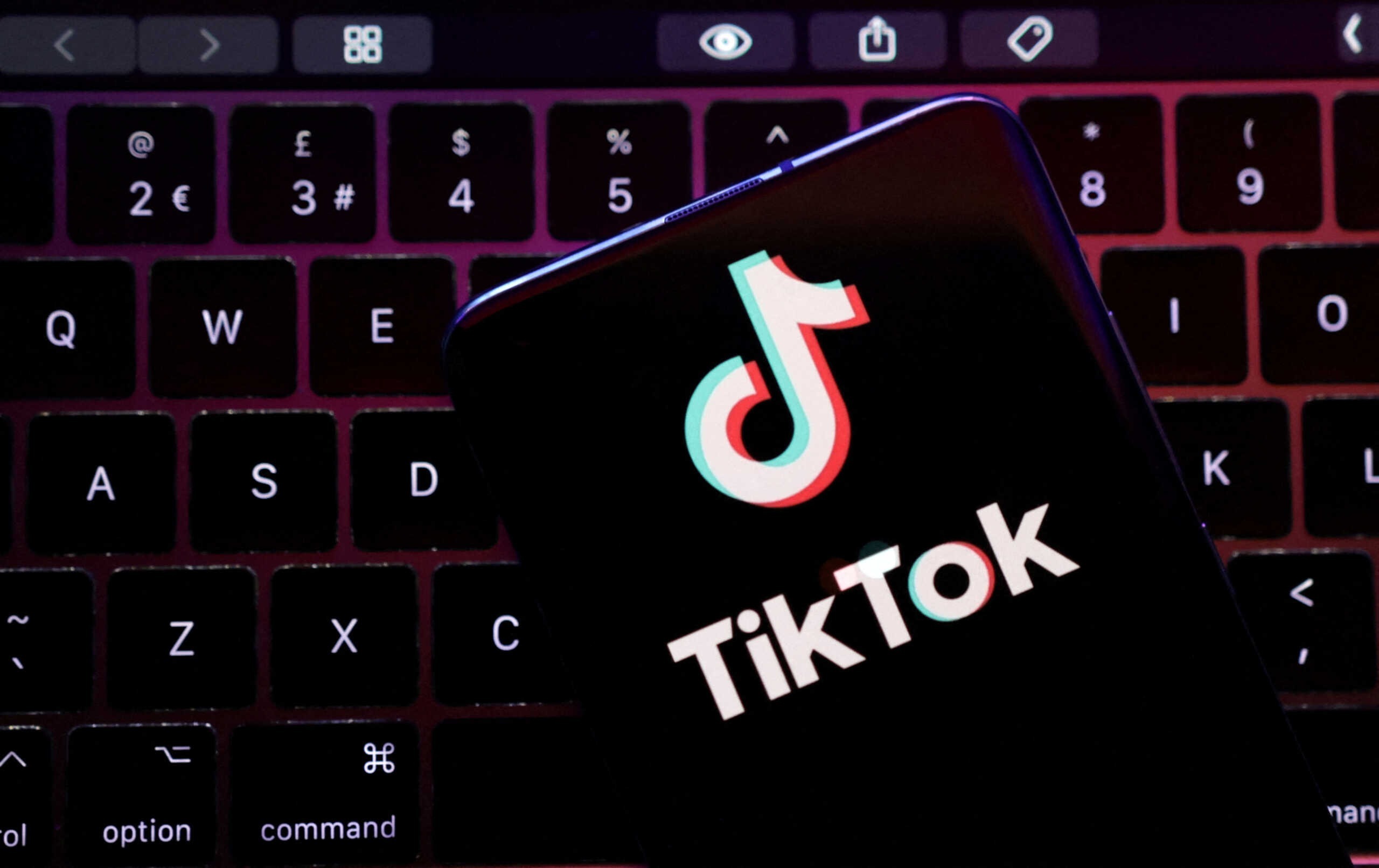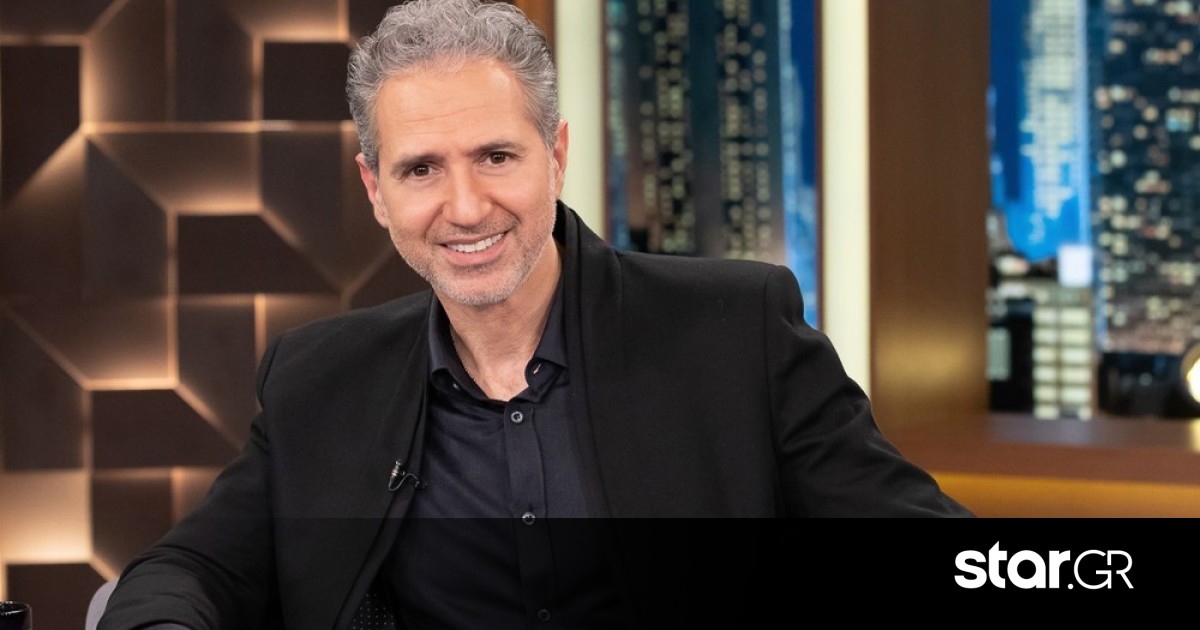
The United States has taken another step toward banning TikTok after the House of Representatives passed a bill requiring the social media site to sever ties with China.
This is a major development for TikTok, although the outcome of the vote in the Senate, whose approval is necessary for it to become law, is not certain. For its part, China confirmed that it will take “all necessary measures” to protect Chinese companies.
A Chinese Ministry of Commerce spokesman complained that “the United States must (…) stop pressure to drive foreign companies” out of its market, warning that China “will take all necessary measures” to defend its business.
Chinese Foreign Ministry spokesman Wang Wenbin said, “The bill approved by the US House of Representatives puts the United States on the opposite path to the principle of fair competition and international economic and trade rules.”
“If the pretext of national security can be used to arbitrarily expel successful companies in other countries, there will be neither equality nor justice,” Wang complained.
Faced with the threat of a ban, TikTok president and CEO Su Zhiqiu called on the medium's 170 million American users to react en masse. “Make our voices heard,” he wrote on TikTok after the vote in Parliament.
He added: “We will not stop defending ourselves and will continue to do everything in our power, including exercising our legal rights, to protect this wonderful platform that we have built with you.”
He estimated that the bill puts “300,000 jobs” in the United States at risk, and mainly threatens to deprive “billions of dollars” in revenue from “small businesses that rely on TikTok.”
US authorities have targeted TikTok for months, with many officials saying the platform allows Beijing to spy on and manipulate its 170 million American users, something the company strongly denies.
The company has repeatedly confirmed that it has not received such requests from Beijing, and stressed that even if it did, it would refuse to disclose the personal data of its users.
“Secret” operation.
The bill, which was approved by a large majority of 352 votes in favor against a total of 431, “does not ban TikTok,” according to House Democratic leader Hakeem Jeffries.
He explained, “The order aims to address legitimate national security issues and protect data related to the Chinese Communist Party's relationship with a social media outlet.”
“This process was conducted in secret and the bill was introduced as an emergency for one reason: it is a ban,” the TikTok representative complained.
However, the fate of the bill in the Senate remains uncertain, as influential senators have expressed their opposition to such an extreme measure at the expense of its highly popular implementation.
US President Joe Biden said that if the Senate approves the bill, he will sign it.
The bill forces ByteDance, TikTok's Chinese parent company, to sell the app within 180 days, or it will be pulled from Apple and Google's US online stores.
So far, no potential buyer has officially emerged. After all, it's difficult to assess TikTok's value, especially in the event of a forced sale of the app. In 2020, ByteDance set a price of $60 billion when the Donald Trump administration asked it to sell the platform, according to Bloomberg.
They claim that there are risks to national security
Many US states and the federal government have banned the application from the official phones of government officials, due to national security risks.
Former President Trump abruptly reversed course on Monday, saying he opposed banning TikTok, largely because it would strengthen the owner of Facebook and Instagram, whom he called an “enemy of the people.”
In 2020, Trump tried to wrest TikTok from ByteDance's control, before American justice blocked him.
The Republican, who is running again in the presidential elections scheduled for November, denies accusations that he changed his position due to the threat of one of TikTok's major investors, Jeff Yass, to no longer donate to the party's presidential campaigns.
Other attempts by US federal authorities to ban TikTok have also failed, largely due to concerns about freedom of expression.
In November, a federal court blocked a law passed by the state of Montana to ban the platform, because it violated Americans' constitutional right to freedom of expression.

“Hipster-friendly coffee fanatic. Subtly charming bacon advocate. Friend of animals everywhere.”





More Stories
2024 Olympics: What does the rider who crossed the Seine symbolize (video)
He is the “Hitler of our time.”
Woke Agenda: Infuriates Elon Musk, Burns Politicians, Targets the Secret Service